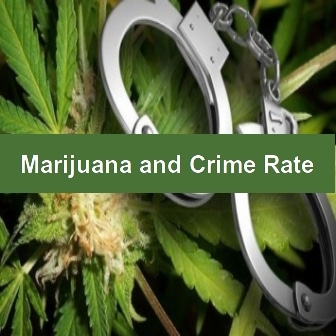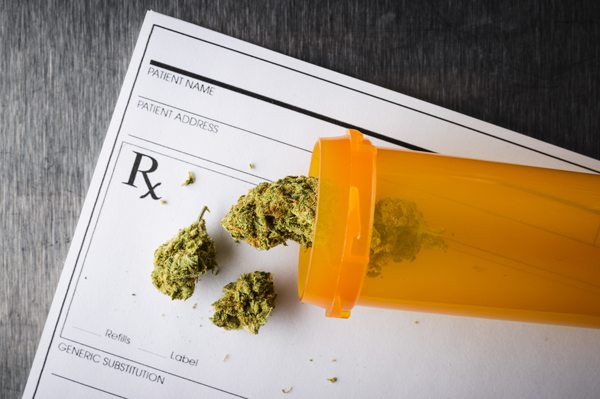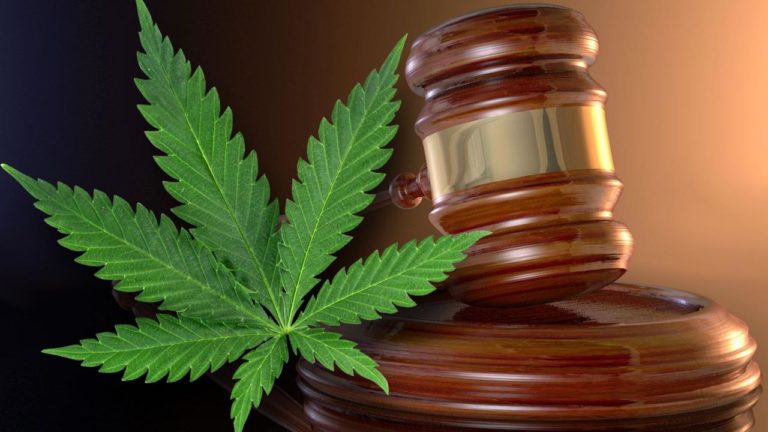What is the DUI limit for marijuana in states where it’s legal?
As everyone is aware, recreational cannabis is now fully legal for adults up and down the West coast, as well as in Colorado, Nevada, Massachusetts, Maine, and D.C. Psychoactive marijuana is legal for medicinal purposes in twenty other states, and counting.
Critics of legalization have complained that there will inevitably be a spike in drugged driving in these “green” states, due to increased availability and reduced social stigma. The numbers do not necessarily prove naysayers’ predictions correct – at least not yet. Nevertheless, some states (like Washington and Colorado) elected to pick a “per se” DUI threshold for THC similar to the .08 level for alcohol, presumably to assuage such concerns and get their legislation passed.
Setting aside for the moment the fact that there appears to be no scientific basis to believe that any arbitrary THC level reliably indicates impairment (or non-impairment for those below the level) drivers should be aware what it will take to successfully prosecute them for marijuana DUI in various states.
Please note that I am only licensed to practice law in Washington. I have relied on information provided by the almighty infallible internet in compiling the rest of this list. This article is in no way intended to constitute legal advice, or to create an attorney/client relationship.
Washington
The “per-se” DUI limit for marijuana, THC in Washington State, is 5.0 ng/ml. Drivers over that level are presumed to be impaired, as a matter of law. Drivers under that level can still be convicted under the “affected by” prong of the statute, when independent evidence (including poor performance on voluntary field sobriety tests, erratic driving, etc.) proves to the finder of fact beyond a reasonable doubt that the defendant’s ability to operate a vehicle safely was affected “to an appreciable degree” by the THC in his or her system.
Colorado
“Colorado law specifies that drivers with five nanograms of active THC in their whole blood can be prosecuted for DUI. However, no matter the level of THC, law enforcement officers base arrests on observed impairment.”
Oregon
There is no “per-se” THC level in Oregon. Instead, your prosecutor will have to prove that you drove on a public highway or premises open to the public while adversely affected to a noticeable or perceptible degree by cannabis.
California
You are considered to be “under the influence” of marijuana in California when:
- as a result of consuming marijuana
- your mental or physical abilities are so impaired
- that you can no longer drive a vehicle with the caution of a sober person, using ordinary care, under similar circumstances.
Alaska
Alaska uses an “impairment” rather than a “per-se” standard.
Nevada
CAUTION: Nevada has the lowest “per se” level of any recreational state, at 2.0 ng/ml.
Massachusetts
Under Massachusetts law, a person is “under the influence” if the substance ingested “diminished the person’s ability to operate a motor vehicle safely.”
Maine
Maine is considering implementing a 5.0 ng standard.
District of Columbia
D.C. prosecutors need to prove that you were “impaired to an appreciable degree” by the cannabis in your system to get a conviction.
The following states in which recreational marijuana is not legal also have per-se standards.
Montana* (5.0 ng/ml)
Ohio* (2.0 ng/ml)
Pennsylvania* (1.0 ng/ml)
These states have “zero tolerance” laws, whereby any amount of THC in your system will suffice to secure a conviction.
Arizona*
Delaware*
Georgia
Illinois*
Indiana
Iowa
Michigan*
Oklahoma
Rhode Island*
South Dakota
Utah
Wisconsin
*Medical Marijuana is legal
Barbara Bowden authored this post. Barbara is an attorney and the owner of The Law Offices of Barbara A. Bowden. When Barbara is not in the office, she is doing her other job–being a mom to her two daughters.






